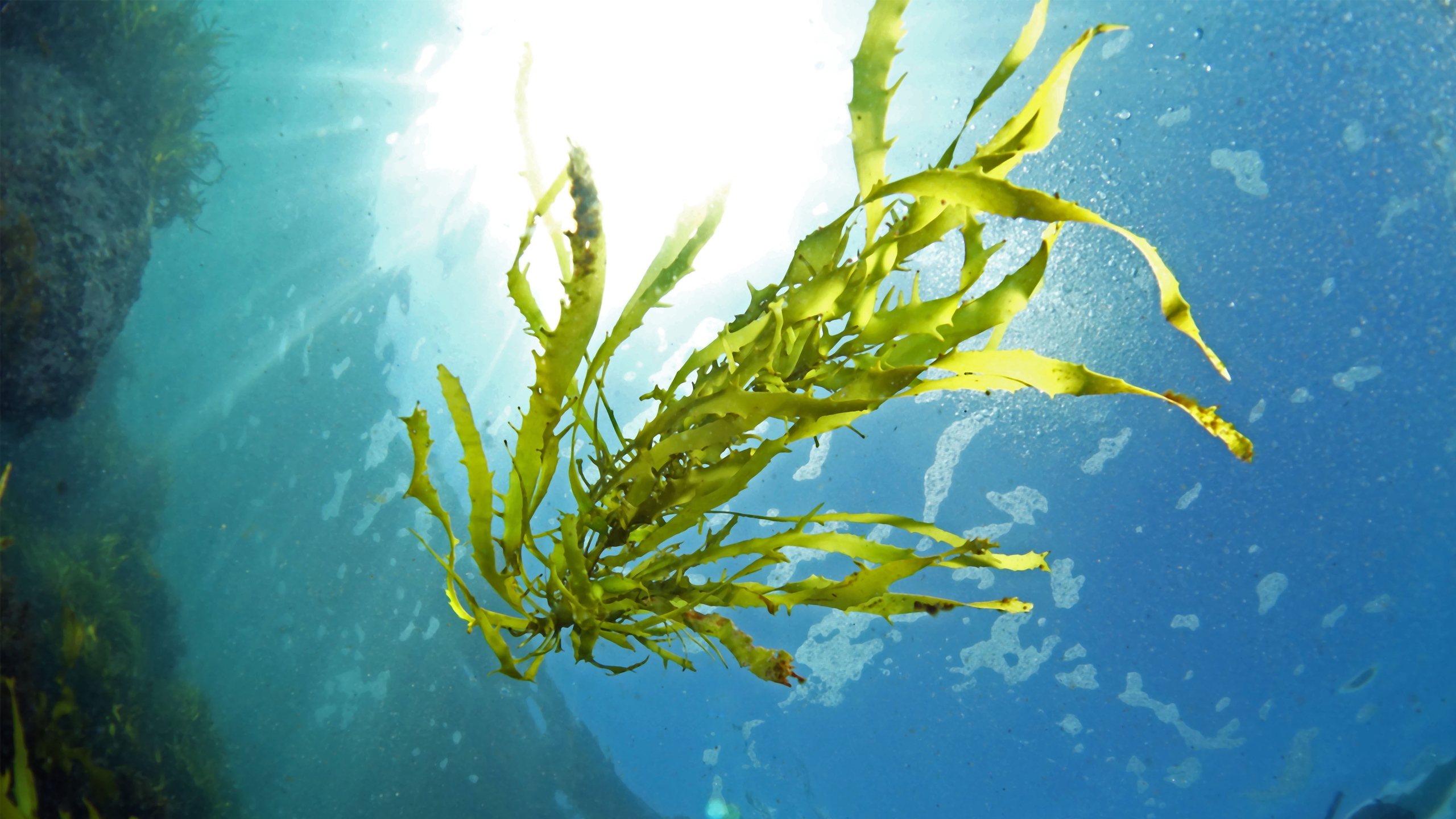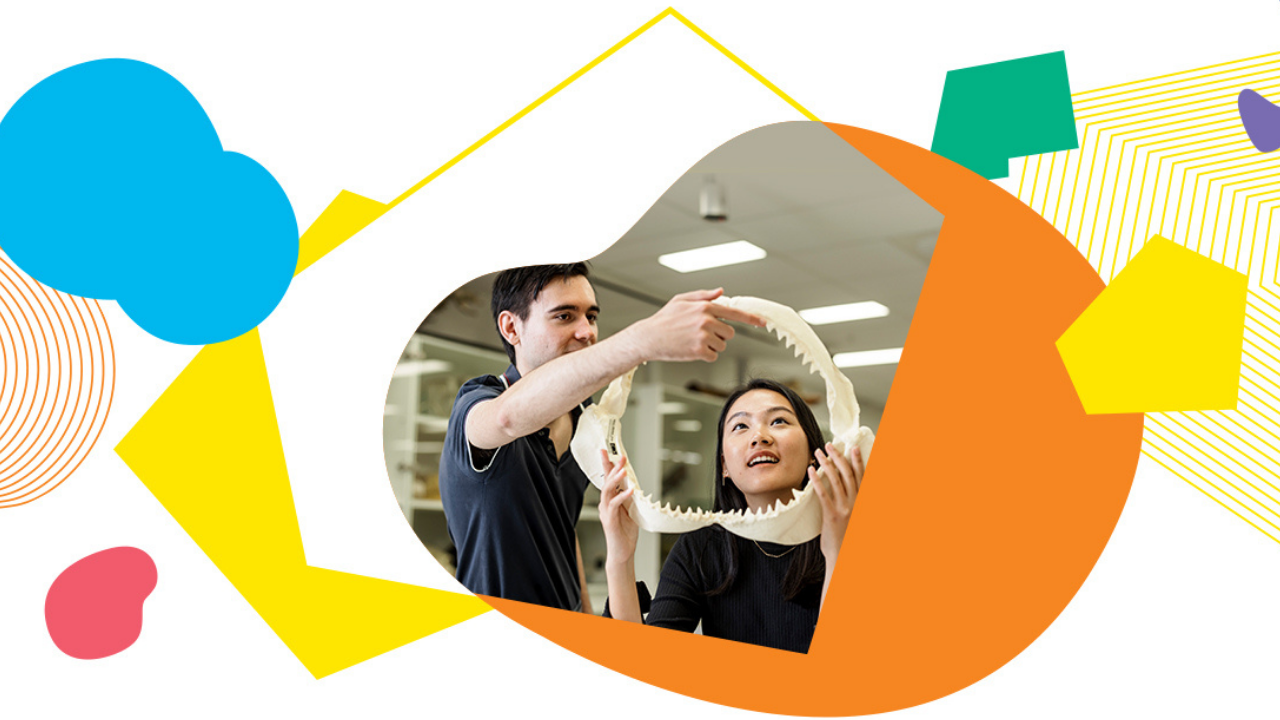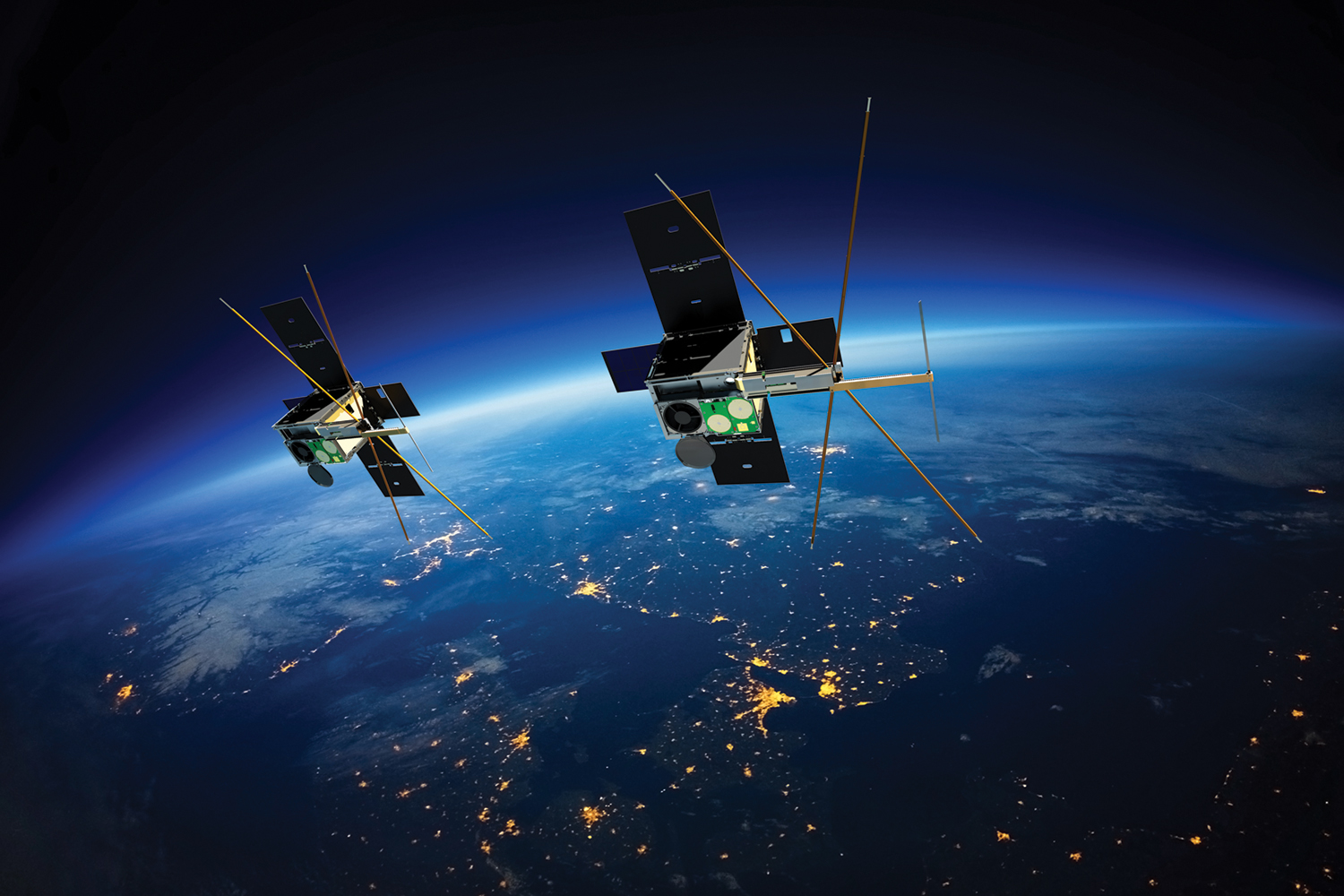Athena Aktipis: A Field Guide to the Apocalypse

Athena Aktipis | Rob Brooks
Has climate chaos, the cost-of-living crisis and the threat of AI overlords got you feeling like the end is nigh? Don’t stress. As psychologist and evolutionary biologist Athena Aktipis points out, humankind is hardwired to survive big existential crises.
In this engaging talk, Athena—armed with her trusty ukulele—and UNSW’s Rob Brooks journey through history, psychology, and shared humanity to uncover the tools that will help us survive—and thrive—amidst the chaos.
Discover how our instinct to cooperate makes us resilient; from sharing resources in crises to forming "apocalypse pods" during pandemics. Expect to learn about the psychology of stress, tips for prepping (hint: duct tape is essential!), and how embracing our communal nature can turn even the direst situations into opportunities for growth and connection.
This event is presented by the UNSW Centre for Ideas and UNSW Science as a part of National Science Week.
LIVE EVENT & VENUE INFORMATION
The Roundhouse is located at UNSW Sydney's Kensington Campus. Please note this is a live event only, and will not be available via livestream.
TICKETS
ACCESS
Wheelchair Access
The closest accessible drop off point to the Roundhouse is the north entrance via High Street, Gate 2, follow the road to Third Avenue and turn onto 1st Avenue West. More information on getting there can be found via our interactive accessibility map available here.
Assisted Listening
The Roundhouse has a hearing loop. Patrons wishing to utilise this need to simply switch their hearing aid to the T (Telecoil) setting to pick up on the wireless signal.
Auslan & Captioning
This event will be live captioned. Auslan interpreting services can be provided for selected talks upon request.
Contact
To book and discuss access services, please call the Centre for Ideas on 02 9065 0485 or email centreforideas@unsw.edu.au.
PUBLIC TRANSPORT & PARKING
The Roundhouse is easily accessible via public transport and the closest light rail stop is UNSW Anzac Parade (L3 line). The closest bus stop is UNSW Gate 2, High Street (348, 370). For more information, call the Transport infoline on 131 500 or visit transportnsw.info.
Free parking is available from 5.30pm in the Western Campus Car Park. For access to free parking, event patrons must park in the UNSW Permit Holder bays. The Western Campus Car Park is located here, on Anzac Parade next to NIDA. This car park can be accessed via Western Campus Drive through Day Avenue.
Paid casual and visitor parking is offered via the CellOPark App and ‘pay by plate meters’ in all other UNSW car parks. For more information head here.
CONTACT
For all the other enquiries, please email centreforideas@unsw.edu.au or call the Centre for Ideas on 02 9065 0485.
The Centre for Ideas is happy to receive phone calls via the National Relay Service. TTY users, phone 133 677, then ask for 02 9065 0485. Speak and Listen users, phone 1300 555 727 then ask for 02 9065 0485. For more information on all other relay calls visit here.
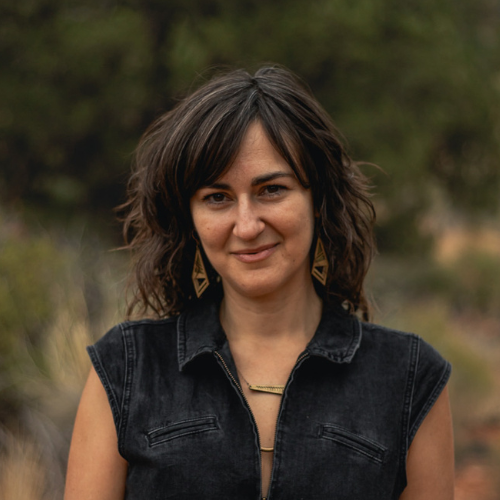
Athena Aktipis
Athena Aktipis is a cooperation theorist, evolutionary biologist, and cancer biologist working at the intersection of these fields. As well as researching cooperation in humans, particularly in times of need, she studies other systems that are governed by fundamental tensions between cooperation and conflict. Aktipis is an associate professor in the Department of Psychology at Arizona State University, co-director of The Human Generosity Project, co-founder and incoming president of the International Society for Evolution, Ecology and Cancer, and the director of ASU’s Cooperation and Conflict Lab. Aktipis is also a prolific science communicator—she is the host of The Zombified Podcast and the producer of two educational livestream channels: Channel Zed and Cooperation Science Network. Her recent books are A Field Guide to the Apocalypse: A Mostly Serious Guide to Surviving Our Wild Times and The Cheating Cell: How Evolution Helps Us Understand and Treat Cancer.
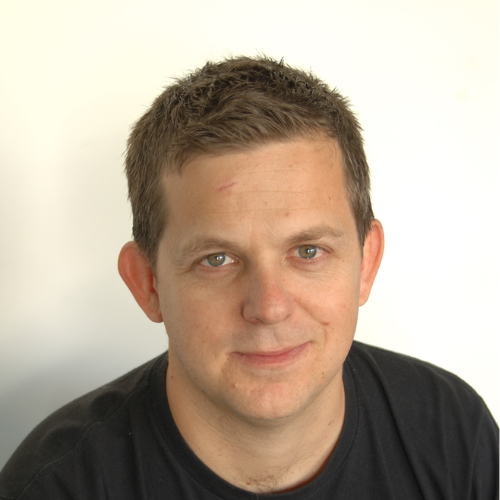
Rob Brooks
Rob Brooks is Professor of Evolution at UNSW Sydney and a popular science author. He has spent his career understanding the complexities and conflicts that sex and reproduction bring to the lives of animals, including human animals. His popular writing explores the murky confluence of culture, economics and biology, and how new technologies interact with our evolved minds and bodies. He has won the Queensland Literary Award for Science (for his first book Sex, Genes and Rock ‘n’ Roll), and the Eureka Prize for Science Communication. His articles have been published in Psyche, CNN, The Atlantic, The Sydney Morning Herald, Areo, and many other publications. His latest book Artificial Intimacy: Virtual Friends, Digital Lovers, and Algorithmic Matchmakers considers what happens when new technology collides with our ancient ways of making friends, growing intimate, and falling in love.
